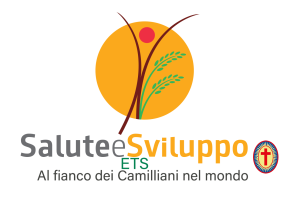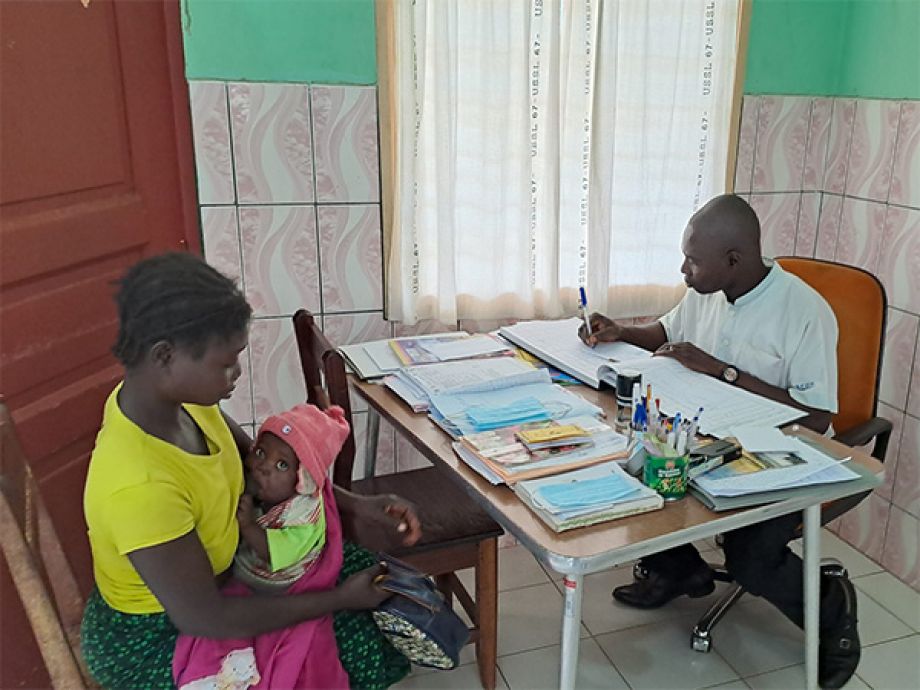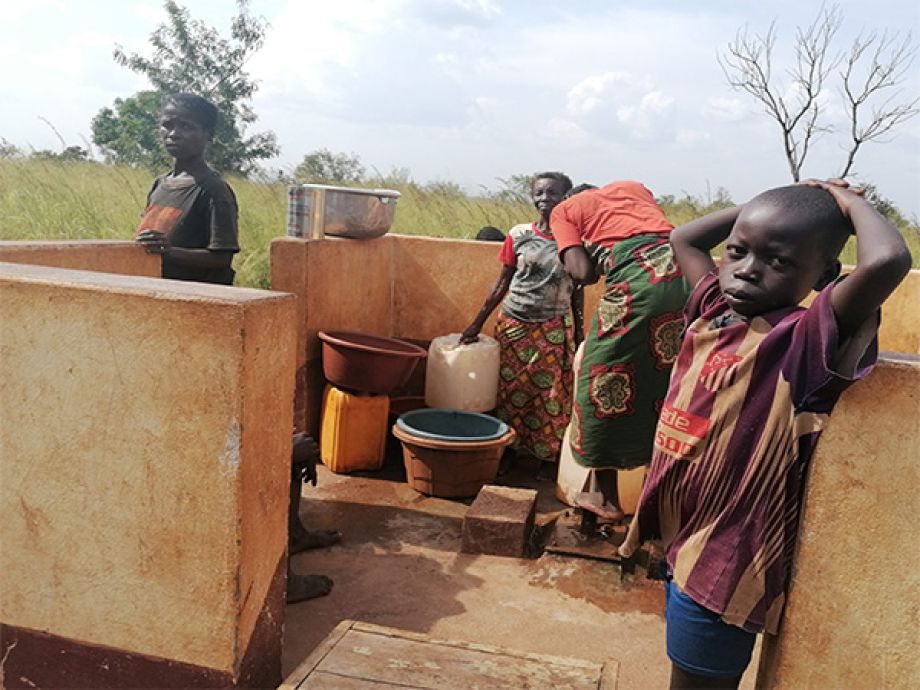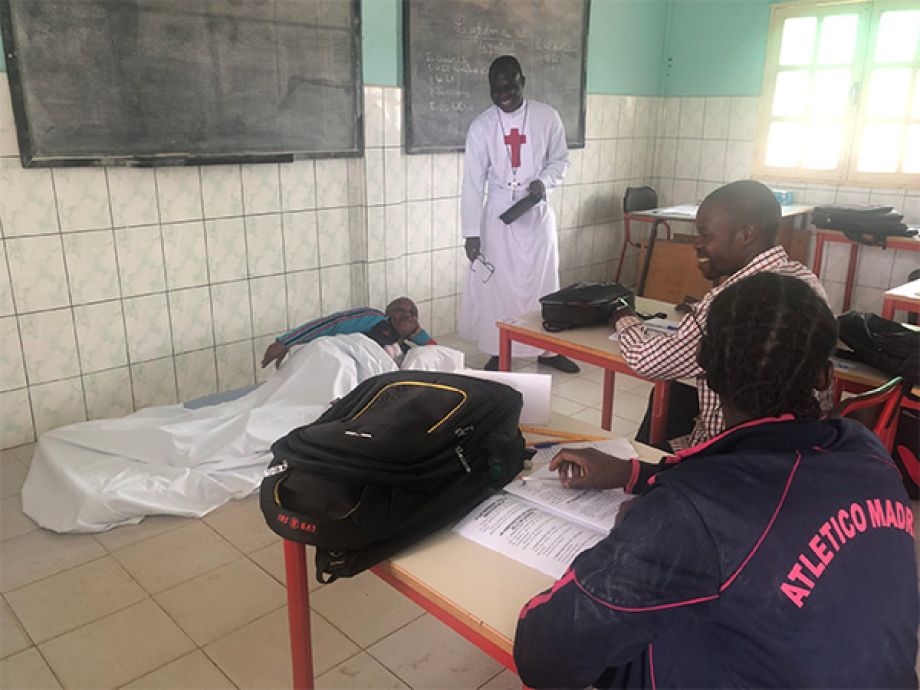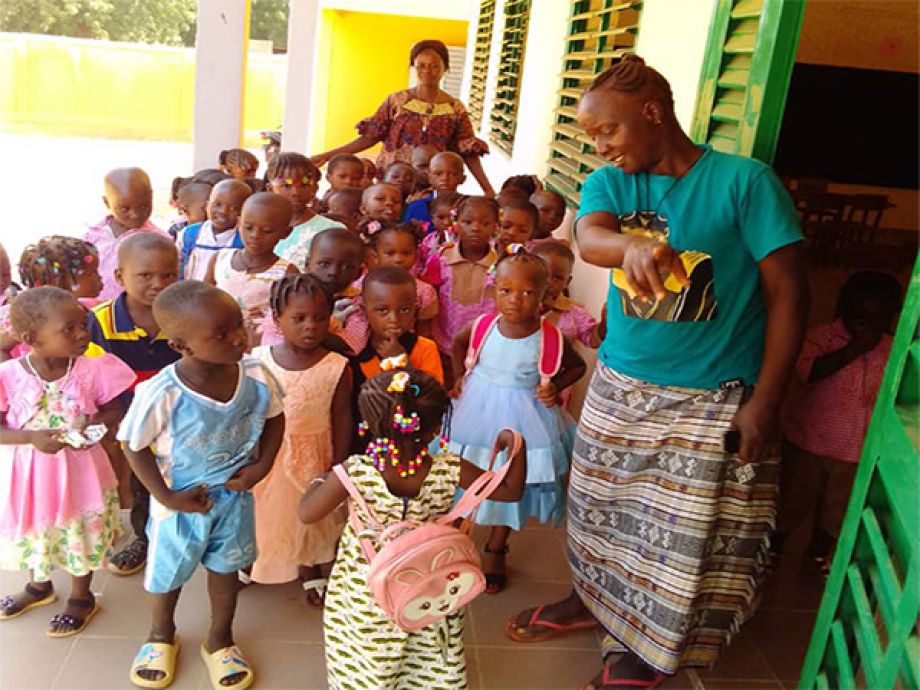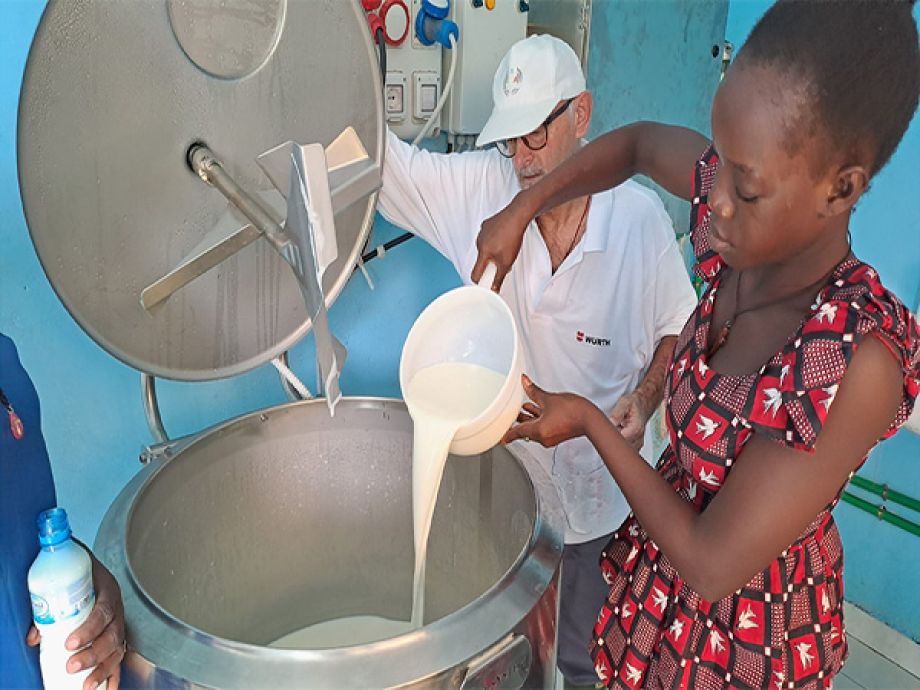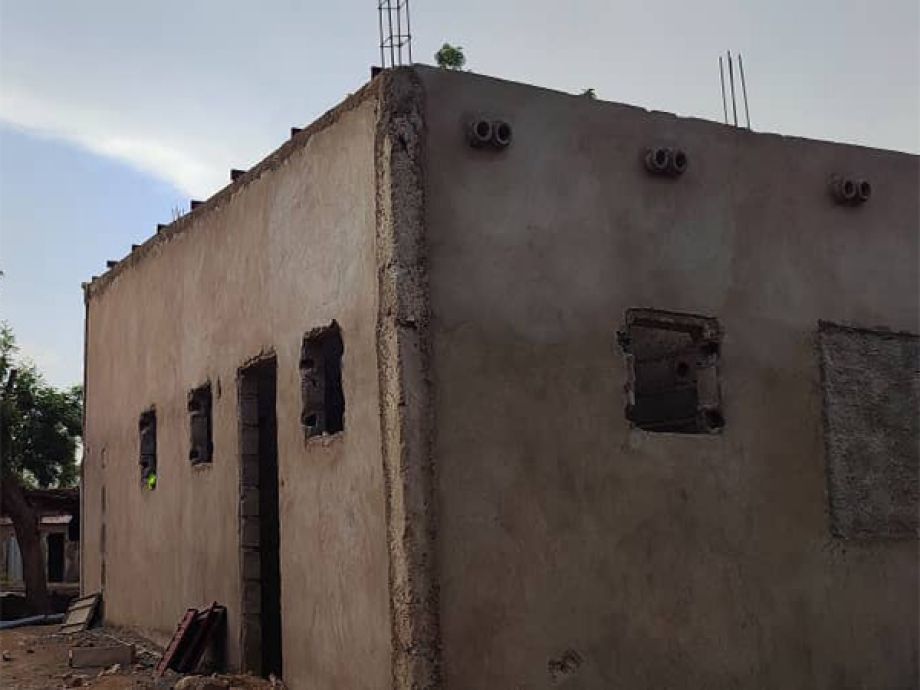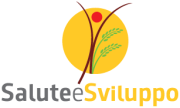CURES AND TEACHINGS IN THE OHUAM PENDÉ
The site of most of the projects we have underway is the Ouham – Pendé region: about 400 kilometres from the capital Bangui, it is one of the poorest areas of the already destitute Central African Republic. The political instability of the entire nation, and the resulting violence, makes poverty endemic and basic rights inaccessible.
Our point of reference in the region is the John Paul II Camillian Hospital in Bossemptélé, which has been working with courage and determination for more than 20 years, representing a landmark for the population who can count on adequate care thanks to this hospital.
The SENÌ- Health and Hygienic Concepts for the Bossemptélé Community project, funded by FONDATION ASSISTANCE INTERNATIONALE (FAI), started on 1 January 2021 with the aim of building the necessary infrastructure for the hospital, supplying medicines and sanitary consumables, recruiting health personnel and promoting hygiene and health education for the local population.
Specifically, as far as infrastructure is concerned, the project aims to contribute to the improvement of the hospital by building a new well that can meet the hospital’s entire water needs and by installing new photovoltaic panels that can guarantee a stable supply of electricity. The well has been completed, is functional and can fully fulfil its function. The panels have all been installed and made operational.
The infrastructural result has been achieved, while the result focused on raising the awareness of the local population on health and prevention issues is ongoing with excellent results. The project includes a series of weekly meetings on specific topics such as nutrition, vitamins, tobacco, alcohol, personal hygiene, malaria vaccination and environmental hygiene. Meetings have already started and continue to take place regularly, both within the hospital and in the surrounding rural areas thanks to the mobile clinic team. To date, more than 4000 people have been involved in awareness-raising activities.
Although the end of the project is set for next summer, the many local actors involved – the Ministry of Health, Ministry of Higher Education, Association pour les Œuvres Médicales des Eglises en Centrafrique – ASSOMESCA and the Order of the Carmelite Sisters of Bossemptélé, as well as the Camillian delegation in the Central African Republic that runs the John Paul II Hospital in Bossemptélé – will continue to work to ensure that the mission of raising awareness among the local population is ongoing and can produce long-term benefits.
We will keep you updated on the progress of the project and the many good stories coming from the John Paul II Hospital in Bossemptélé.

